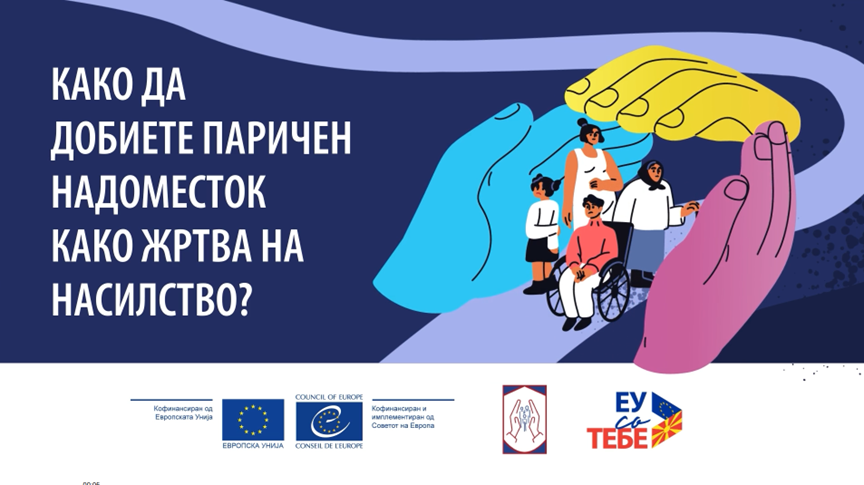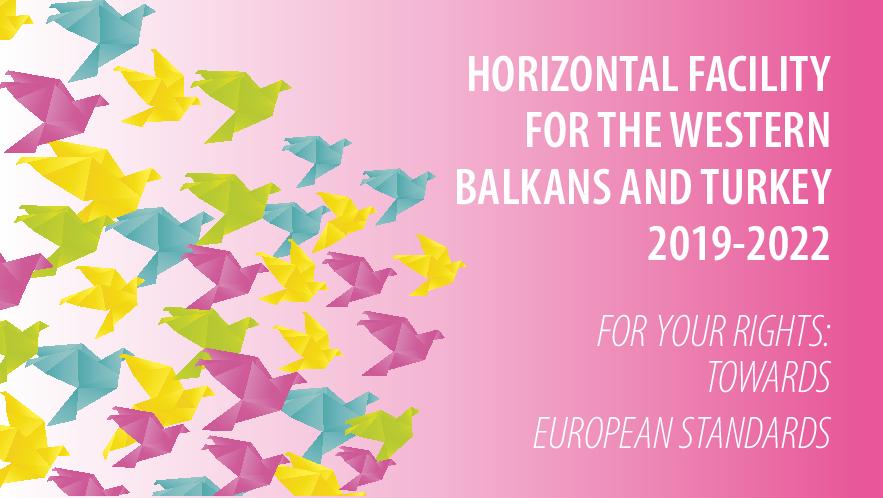Following the adoption of the Law on Compensation of Victims of Violent Crimes in November 2022, the Commission for Compensation of Victims of Violent Crimes was established in February 2024. Its task is clear: to examine and grant claims for state monetary compensation of victims of violent crimes, including victims of trafficking. In the effort to reach out to local communities and the public at large with information on the scope of work of the State Commission, and more importantly on the rights of the victims of violent crimes, , the joint EU and Council of Europe action “Strengthening anti - trafficking action in North Macedonia” produced an animated promotional video. The video provides important and structured information about who is entitled to receive compensation, how to access the procedure, and how to exercise this right, with a descriptive narration in Macedonian and Albanian language.
The anti-trafficking action in North Macedonia has actively supported the Commission in the efforts to raise awareness and inform the prospective claimants about their right to claim and receive state compensation by producing multi-language brochures and leaflets explaining in a simple language the eligibility criteria, the procedure and the amount that can be received as a state compensation for the suffered injustice. The Action has also organised presentations on the work and competencies of the Commission, targeting lawyers, NGOs and civil servants.
The scope of this initiative is to widely inform prospective claimants – victims of violent crimes-about the right to claim compensation from the state and the procedure to follow in this regard.
The action “Strengthening anti - trafficking action in North MacedoniaStrengthening anti - trafficking action in North Macedonia” is part of the of the European Union and Council of Europe joint initiative “Horizontal Facility for the Western Balkans and Türkiye”.
- - - - - - - - - - - - - - - - - - - - - - - - - - - - - - - - - - - - - - - - - - - - - - - - - - - - - - - - - - - - - - - - - - - - - - - - - - - - - - - -


